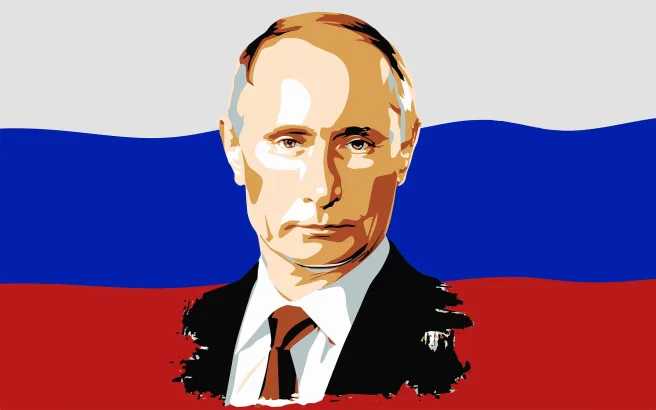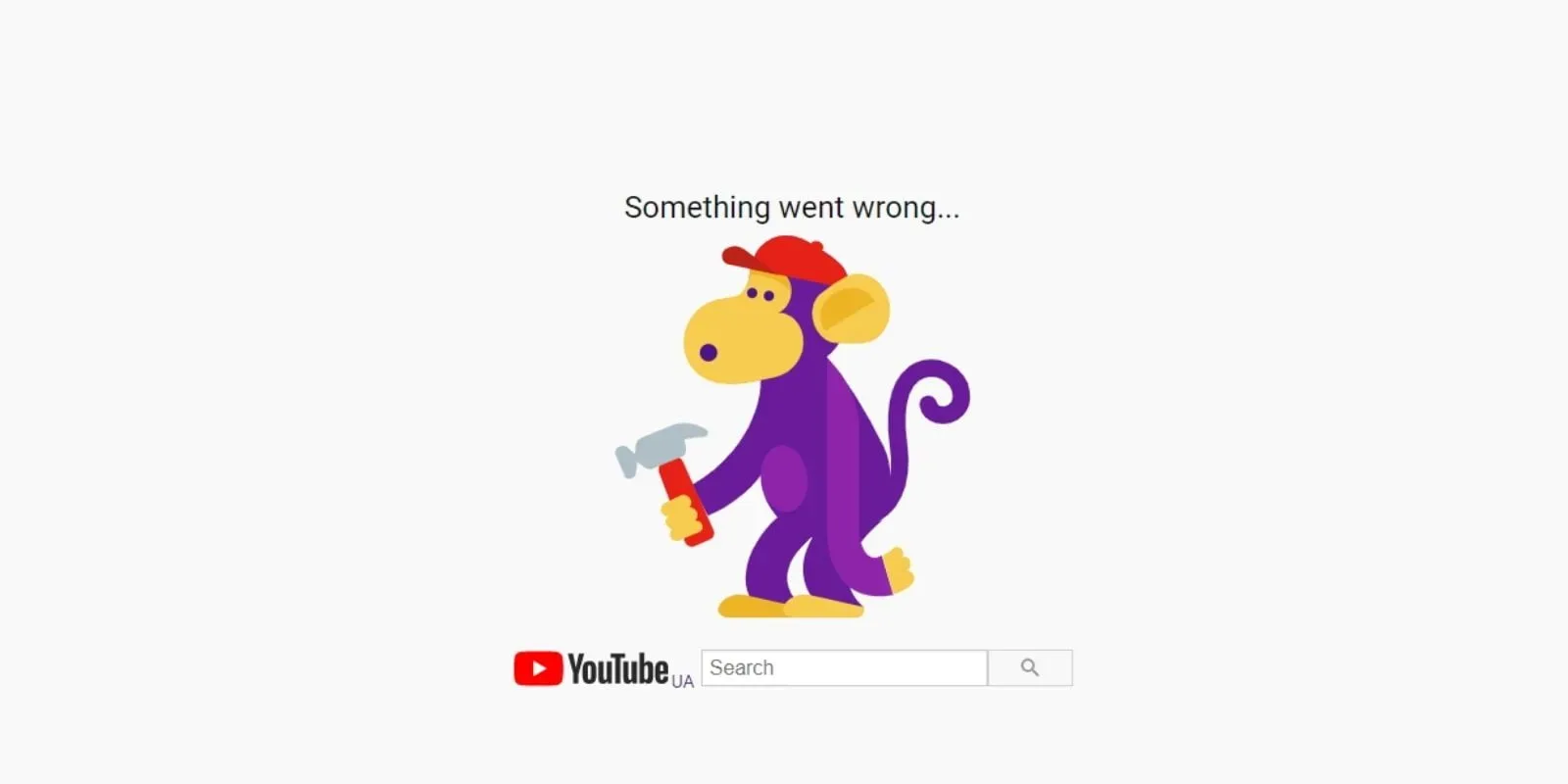Russia appears to be continuing its march towards replicating China’s “Great Firewall” and creating its own, independent Internet by passing two controversial new laws banning certain types of online content.
In early February, Russian news agency RosBiznesKonsalting (RBK) announced that Russia would briefly cut its people off from the Internet sometime before April in order to test a new plan to create a self-contained Internet infrastructure. Critics have claimed that this is an attempt to implement a filtering and censorship system akin to China’s which bans certain content from being posted or accessed.
Now, two new bills have been passed stifling online speech that Russia deems offensive to its government. The Moscow Times reports that the legislation has received criticism from around the world:
“Observers and some lawmakers have criticized the legislation for its vague language and potential to stifle free speech.
The legislation will establish punishments for spreading information that ‘exhibits blatant disrespect for the society, government, official government symbols, constitution or governmental bodies of Russia.'”
The State Duma, which is the lower house of the Federal Assembly of Russia, has released information about how “fake news,” already a controversial phrase in the rest of the world, will be defined on Russia’s Internet. Vaguely stated, “fake news” is “unreliable socially significant information distributed under the guise of authentic messages and posing a security risk.”
The security risks include any information that “creates a threat of harm to life and (or) the health of citizens, property, a threat of mass disturbance of public order and (or) public security, or a threat to the functioning or termination of operation of life support facilities, transport or social infrastructure, credit institutions, energy facilities, industry or communications.”
There is already a ban in place for distributing information that calls for “mass riots, extremism or participation in unauthorized mass actions.”
The State Duma also told citizens that the Prosecutor General of the Russian Federation and his deputies will determine what language falls within this category and those distributing it can challenge any charges in court. Online publications and communication channels who do not abide by the government’s takedown notices will have their Internet access “limited.”
Fines for breaking the new law will differ based on the severity of the infraction, but citizens who commit first offenses that cause “a threat of harm to life and health of citizens, property, the threat of mass riots, the threat of disruption to the functioning of life-support objects” will be fined anywhere from 30 thousand to 100 thousand rubles. Officials found in violation of the law will be fined 60 thousand to 200 thousand rubles for a first offense, and legal entities fined from 200 thousand to 500 thousand rubles. The fines are doubled for repeat infractions.
There is room in the new law for those who inadvertently disseminate information deemed to be misleading as intent must be proved. According to Leonid Levin, who serves on the Committee on Information Policy, Information Technologies, and Communications:
“If a citizen makes a repost of what he thought was credible, this is not a violation. But if the user deliberately creates and publishes fake news – this is subject to the article of the Administrative Code.”
The Moscow Times also reported that over 100 journalists and other public figures have signed a petition opposing what they call “direct censorship,” a label rejected by Kremlin spokesman Dmitry Peskov, who also said:
“This sphere – the sphere of fake news – insults and so on, is under strict regulation in many countries of the world, even in European states. This undoubtedly has to be done in our country.”
Free speech advocates have called out Russia for blatantly attempting to stifle the last remaining outlet for free speech in the country which already exerts control over newspapers, television, and radio.
Following in the footsteps of China, Russia’s new law could make it impossible for citizens to call for public protests against the state or any other kind of cooperative action.





Share Your Thoughts